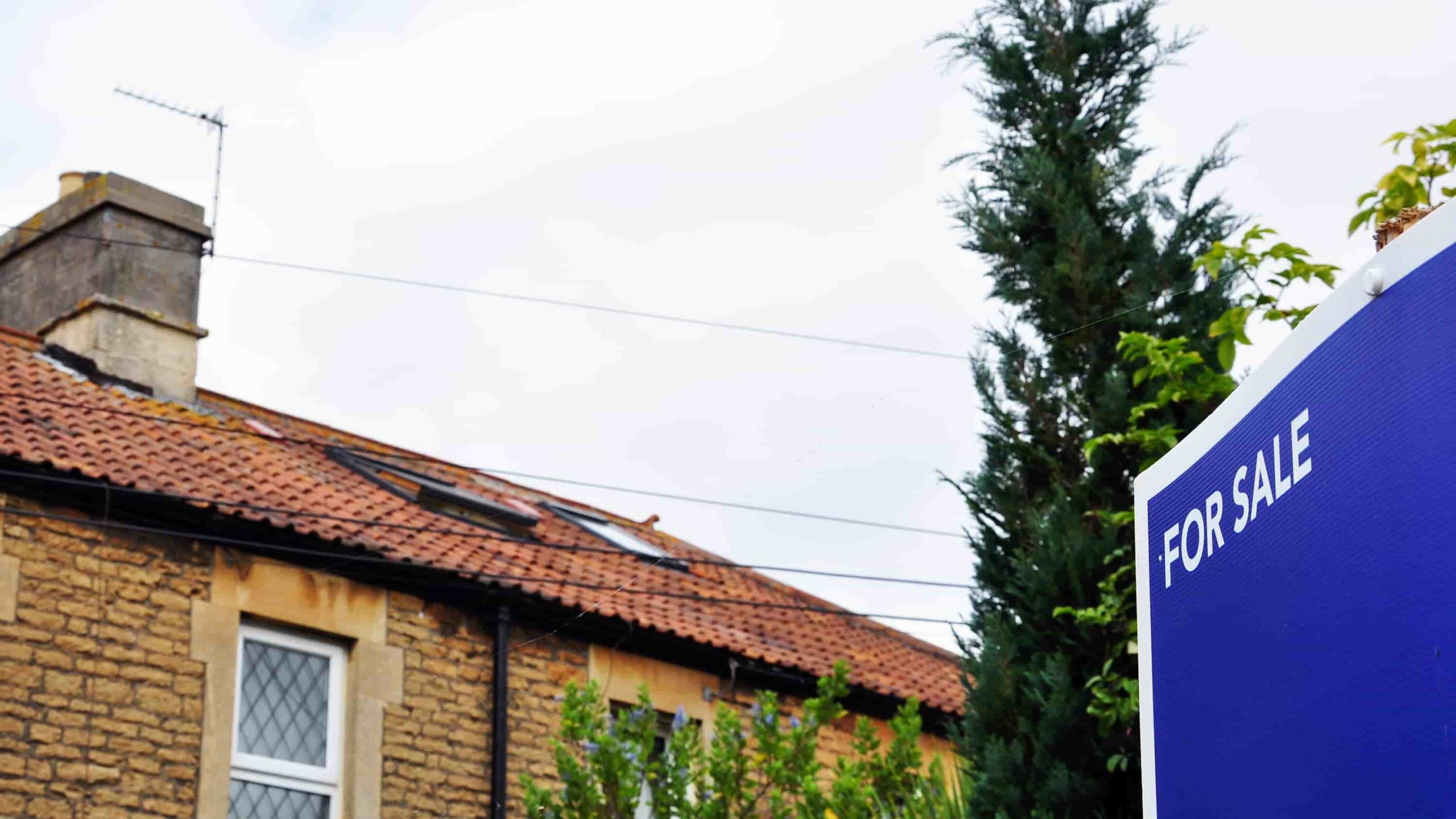
How to Buy a Second Home
There’s a lot to consider before buying a second property, whether you want a smaller pad in the city or a holiday home. From tax to mortgages, let’s take a look at what you need to know.
Why purchase a second home?
Any additional property you own will be known as a ‘secondary residence’, while your main home is your ‘primary residence’. There are many reasons you might buy a second home, including:
- A holiday home
- An investment (e.g. for your children or retirement)
- To ‘flip’ it; do it up and sell for a profit
- To own somewhere in the city, for example to make commuting easier
- To put your savings to better use
- A buy-to-let property you plan to rent out
Before you go any further, you need to be clear on your reasons for doing it and what you’re hoping to get out of the venture.
How to buy a second home
There are some additional costs involved with buying a second property.
Stamp duty land tax (SDLT)
Stamp duty works a little differently when it comes to second homes. You have to pay an extra 3-15% on top of the usual tax, the amount of which depends on the value of the property. It also includes properties under £125,000.
Use a stamp duty calculator to work out how much you’ll be paying.
Capital gains tax (CGT)
Unlike primary residences, second homes are subject to capital gains tax. This means that if it’s increased in value when you come to sell it, you’ll be taxed on this growth in value.
Council tax
While you may be eligible for a discount, council tax is payable on second homes which are defined as ‘furnished homes’ where no one lives, or the owner has a main residence.
Mortgage for a second home – how does it work?
While much of the process works in the same way as buying a home that will be your main residence, there are some key differences.
Deposit
If you need a mortgage to buy a second home, you’ll likely need a larger deposit than usual. In many cases, a 25% deposit is required by mortgage lenders. Speak to a mortgage adviser to assess your options and see what’s available to you.
Higher income
A lender will want to see you can afford the mortgage repayments on your second property, as well as your main home. This may well mean you’ll need a higher income in order to be approved.
Also, as with applying for a standard mortgage, your credit history will be closely scrutinised. Make sure you check your credit score beforehand to see where you stand before lenders do.
Buy to let mortgages
These can be considered ‘riskier’ than residential mortgages by some lenders, due to void periods. This means you’ll need to provide details of the rental income you can expect to receive. Location will play a role in this as well as property type.
This type of mortgage is usually interest-only too, which means you’ll pay the interest on the loan each month: none of the capital. This will make your monthly repayments lower, but at the end of the mortgage term, you’ll need to pay the loan back in full. Interest rates tend to be higher too.
If you don’t buy a second home with the intention of renting it out, but choose to do so rather than have it sitting empty, you need to check with your mortgage lender before doing so. You may not be allowed under your current mortgage.
Holiday let mortgages
You can’t use a standard buy-to-let mortgage for a holiday home, you’ll need a specific type. This will also depend on its intended use and location. Overseas mortgages are more complicated.
Again, you’ll need a higher deposit: usually you can expect to borrow around 75% of the property price. The more you can save, the better the deals that are likely to be available to you.
‘Staycations’ have skyrocketed in popularity thanks to the impact of the pandemic, so UK holiday lets have become prime real estate for many.
Can you afford a second home?
Ensure you can afford it before progressing; using a mortgage calculator can give you a good idea.
Don’t just look at mortgage repayments, but individual circumstances such as:
- Monthly outgoings (e.g. utility bills, council tax)
- Your income
- Property type & location
How to remortgage to buy a second home
Another option is to buy a second home using equity you’ve built up in your current property, rather than getting a mortgage.
First things first, check how much equity you have in your property. Do this by deducting the remaining amount on your mortgage from the current value of your home.
If you have enough equity, you could increase the mortgage on your main home to release money and purchase a second home. Bear in mind that while you won’t be paying two mortgages, this will make your monthly repayments higher.
What if you’re buying a property to start a business?
If the property you’re looking to buy is partly for business purposes, partly residential, it’s classed as ‘mixed-use’. While you’ll pay less stamp duty, there will be other fees and business taxes involved.
What is ‘let-to-buy’?
‘Let-to-buy’ is where you rent out your current home, usually temporarily, so that you can buy, and live, elsewhere. Some people find themselves in this situation, having to buy a second home as they can’t sell their first.
Need a mortgage adviser?
Having the right mortgage adviser is key; they’ll be able to help you assess your options and find the best deal for you. We can connect you with our experienced panel for no cost. Get a mortgage quote below.
Last Updated: November 1st, 2024








